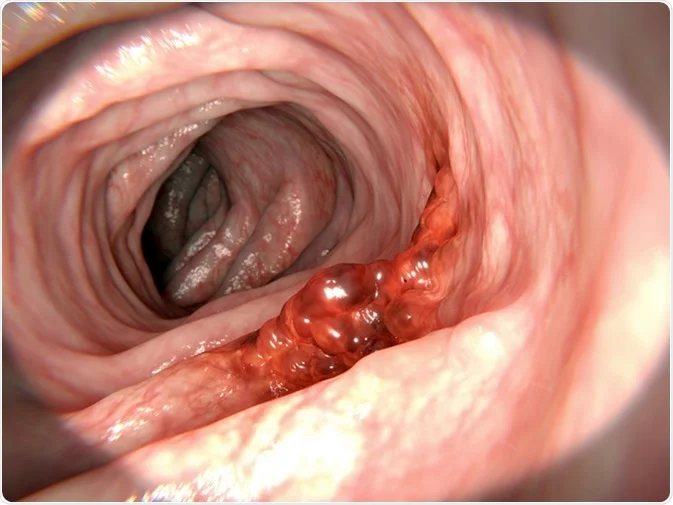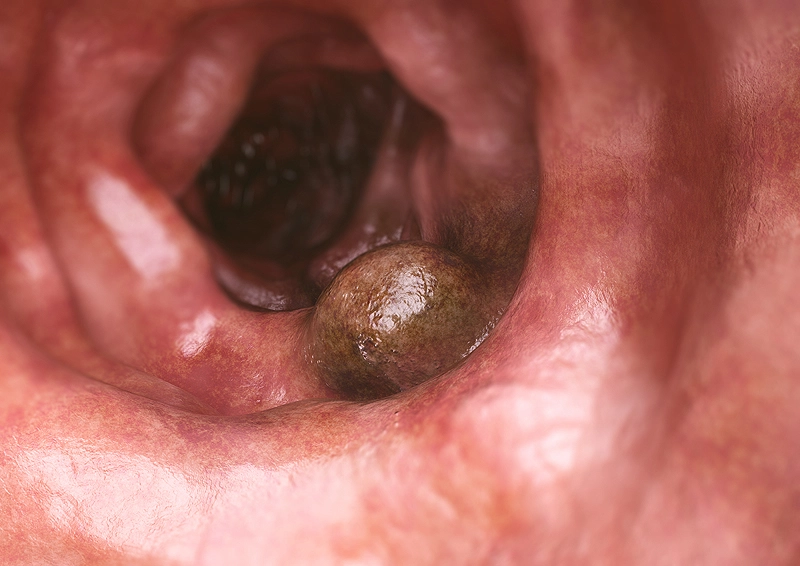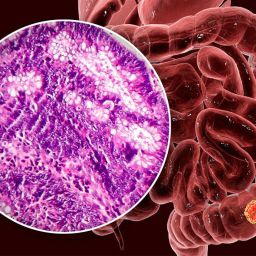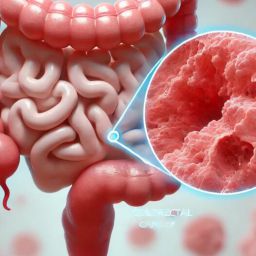
1. Psychological Effects of Colorectal Cancer Diagnosis
The diagnosis of colorectal cancer can radically alter a patient’s life, often leading to a series of emotional reactions. The psychological effects of this diagnosis may vary, but common reactions include:
- Anxiety: The uncertainty about treatment outcomes, prognosis, and survival rates often creates intense feelings of anxiety. Patients worry about the future, the effectiveness of treatments, and the potential side effects of therapy.
- Depression: The physical toll of cancer treatments, coupled with the emotional burden of a life-threatening disease, can lead to depression. Patients may feel hopeless or overwhelmed by the long and difficult road ahead.
- Stress: The changes brought on by cancer treatment, such as lifestyle alterations and physical limitations, can cause significant stress. The daily challenges of managing the disease, along with the physical side effects of treatment, can be exhausting both physically and emotionally.
- Body Image Issues: Colorectal cancer treatments often involve surgery, which may alter a patient’s physical appearance, especially if procedures like colostomies or other body-altering surgeries are performed. These changes can affect a patient’s self-esteem and body image, contributing to emotional distress.
2. Methods for Protecting Against Psychological Effects

Despite the significant emotional challenges posed by colorectal cancer, various methods can help mitigate the psychological impact of the diagnosis. By implementing strategies to improve emotional resilience and coping, patients can protect their psychological health during treatment and beyond.
2.1. Early Psychological Support and Counseling
One of the most effective ways to combat the psychological effects of a cancer diagnosis is through early psychological support. This can take the form of counseling or therapy, which provides patients with an outlet for expressing their fears and anxieties while developing coping mechanisms. Early intervention can help patients manage emotions such as fear, anger, sadness, and confusion.
- Individual Therapy: Psychological counseling provides a safe space for patients to discuss their feelings. Cognitive-behavioral therapy (CBT) and other therapeutic modalities can help patients reframe negative thoughts, address emotional distress, and develop healthier coping strategies.
- Family Therapy: Colorectal cancer affects not only the patient but also their family members. Family therapy can help families understand the emotional and psychological challenges the patient faces and provide guidance on how to support their loved one during treatment.
2.2. Support Groups and Social Support Networks
Being part of a support group can be an invaluable resource for patients with colorectal cancer. Connecting with others who are going through similar experiences allows patients to feel less isolated and more understood. Support groups provide a sense of community and a place to share experiences and advice.

- Peer Support: Interacting with others who have faced or are facing similar challenges provides reassurance. Patients can share tips for coping with side effects, emotional struggles, and treatment decisions, fostering a sense of solidarity.
- Family and Friends Support: The role of family and friends cannot be overstated. Having a strong network of loved ones who offer emotional support, assist with daily tasks, and encourage a positive outlook can significantly impact a patient’s psychological well-being. This support helps reduce feelings of loneliness and fosters hope.
2.3. Physical Health and Psychological Recovery
Physical well-being has a direct impact on emotional health. Maintaining a healthy lifestyle, including regular physical activity, can help reduce stress, improve mood, and support overall well-being. Additionally, maintaining physical health helps patients feel stronger and more capable of handling treatment side effects.
- Exercise and Yoga: Gentle exercises, such as walking or yoga, can help alleviate stress and improve mood. These activities promote the release of endorphins, which improve mood and help reduce feelings of anxiety and depression.
- Meditation and Mindfulness: Meditation, mindfulness, and relaxation techniques are effective for managing stress and improving emotional well-being. These practices allow patients to stay grounded and calm, providing a mental break from the challenges of cancer treatment.
- Proper Nutrition: Nutrition plays a vital role in both physical recovery and emotional well-being. Maintaining a balanced diet helps keep energy levels stable, supports the immune system, and promotes overall health. Eating nutritious foods can also improve mood and reduce feelings of fatigue, which can otherwise exacerbate depression and anxiety.
2.4. Empowering Patients to Take Control of Their Health
Empowerment is a crucial aspect of coping with cancer. Giving patients the tools and knowledge to take an active role in their treatment can help reduce feelings of helplessness and anxiety. When patients understand their treatment options, have a voice in their care, and are well-informed, they can feel more confident in their ability to face the challenges ahead.

- Education and Information: Educating patients about their diagnosis, treatment options, and the side effects of therapies helps alleviate the uncertainty that causes anxiety. Access to reliable information allows patients to make informed decisions and feel more in control of their health.
- Active Participation in Treatment Decisions: Involving patients in discussions about their treatment options fosters a sense of ownership over their care. Knowing that they have input in their treatment plan can provide a sense of empowerment and reduce feelings of fear or helplessness.
2.5. Fostering Hope and Maintaining a Positive Outlook
Maintaining hope and a positive outlook is essential for coping with the psychological challenges of colorectal cancer. While the diagnosis may bring uncertainty, focusing on the potential for recovery and celebrating small victories can help patients maintain a hopeful perspective.
- Setting Achievable Goals: Helping patients set realistic and attainable goals—such as managing side effects, completing treatment milestones, or simply staying physically active—can provide a sense of accomplishment and hope.
- Positive Thinking Practices: Encouraging positive thinking can help patients reframe negative thoughts and focus on the progress they’ve made rather than the setbacks. Cognitive-behavioral techniques can help individuals develop a more optimistic outlook, which in turn can improve emotional resilience and coping abilities.
- Celebrating Small Wins: Focusing on and celebrating even small achievements, whether it’s completing a treatment session or managing a difficult side effect, can help patients feel proud of their progress and boost morale.
The psychological effects of a colorectal cancer diagnosis are profound, but there are numerous strategies available to help patients protect their emotional well-being. Early psychological support, social support networks, physical health maintenance, patient empowerment, and fostering hope are all effective methods for reducing the psychological burden of cancer. By incorporating these protective measures, patients can develop emotional resilience, reduce anxiety and depression, and improve their overall quality of life throughout the treatment process.
Psychological support plays a critical role in helping colorectal cancer patients navigate their journey with a sense of agency, hope, and mental strength. Working closely with healthcare providers, counselors, and support networks can equip patients with the tools they need to manage the psychological challenges that arise after a cancer diagnosis, ultimately enhancing their emotional well-being and improving the quality of their lives.


